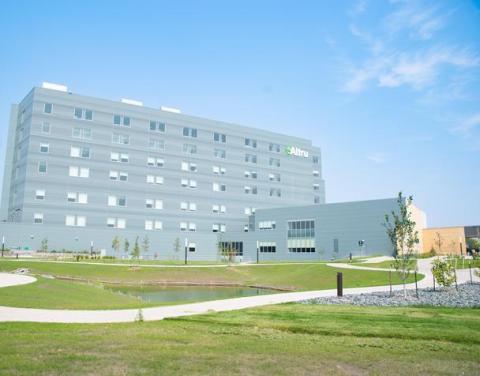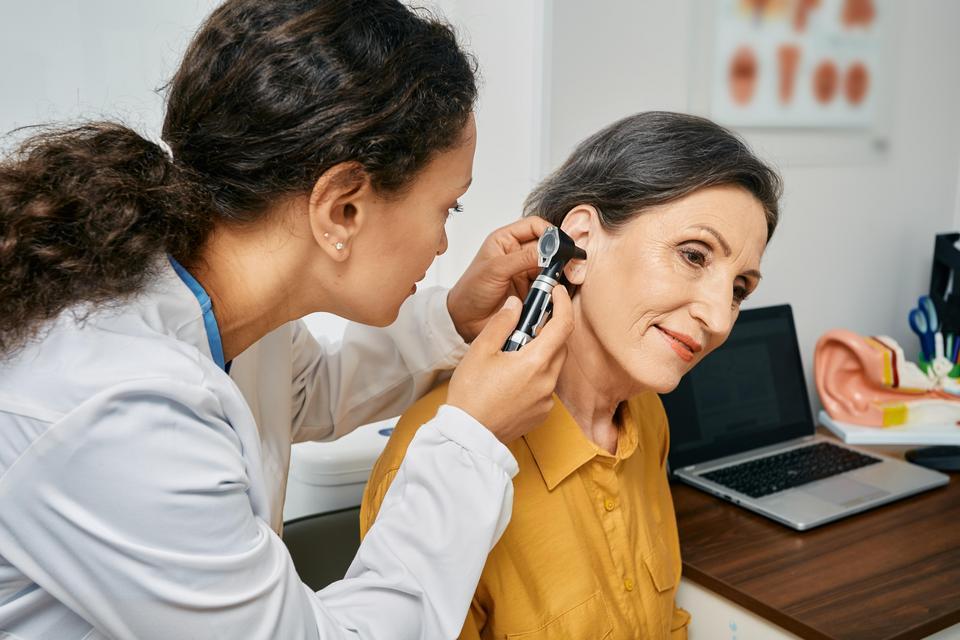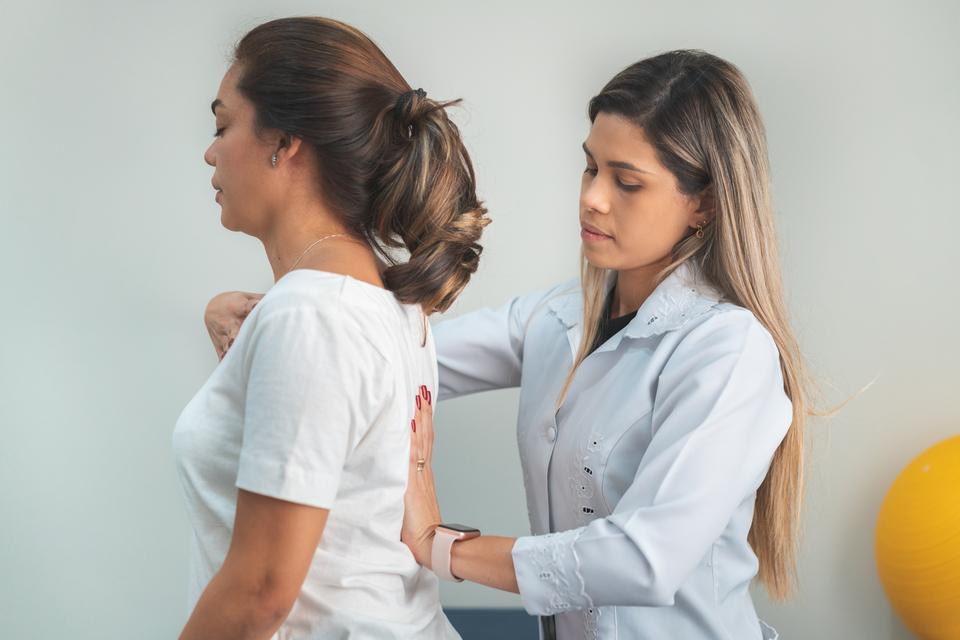Transcatheter aortic valve replacement (TAVR) is a procedure for patients with aortic valve stenosis, or narrowing of the valve. When the aortic valve doesn’t open completely and blood flow is restricted—aortic stenosis develops. When the aortic valve also leaks, it’s known as aortic regurgitation. Aortic stenosis and aortic regurgitation can restrict blood from flowing through the aorta to the brain and the rest of the body—a development that may make valve replacement necessary.
Providers with Altru’s Structural Heart Clinic performed the first TAVR procedure in May 2019. Our experts work together to evaluate and educate each patient who may need an aortic valve replacement and are a candidate for TAVR, with the goal of ensuring a successful recovery.
What Is TAVR?
TAVR is a minimally invasive procedure for patients with aortic valve stenosis, or a narrowing of the valve. This procedure replaces the aortic valve without opening the chest.
Why Is TAVR Performed?
TAVR may be done for the following reasons:
- You are having major heart symptoms, such as chest pain (angina), shortness of breath, fainting spells (syncope) or heart failure because your aortic valve is no longer working properly.
- Tests show that changes in your aortic valve are beginning to seriously harm how well your heart works.
- You can’t have regular valve surgery because it would put your health at risk.
(Note: Studies are being performed to see whether more patients could be helped by the surgery.)
What Are the Benefits of TAVR?
Because it’s minimally invasive, this procedure has many benefits for patients, including:
- Reduction in pain and anxiety
- Less blood loss
- Lower risk of infection
- No open-heart surgery
- Shorter hospital stay and faster recovery compared to traditional open-heart surgery
- Relief of symptoms and improved heart function
Schedule an Appointment
Cardiology is located at Altru 1300 Columbia. Request an appointment through MyChart or for more information please call 701.780.6236.
What Happens Before, During and After TAVR?
Before the Procedure
- You and your healthcare provider will discuss any medications you are taking. The week before your surgery, you may need to stop taking medications that impede blood clotting, such as ibuprofen and warfarin, among others. Your provider will also let you know which medications are alright to take on the day of your surgery.
- If you smoke, you are encouraged to quit before your surgery. Altru’s Certified Tobacco Treatment Specialists can help.
- You may have to take an antibiotic to prevent infection.
- If you become sick during the days leading up to your surgery, you will need to inform your doctor.
- The day before your surgery, you will need to shower and wash your hair. Your cardiologist may also ask you to use a soap with special instructions.
- Your cardiologist will ask you to not eat or drink for several hours before your surgery. If your provider has told you it is alright to take certain medications on the day of your surgery, you may take them with a small sip of water.
During the Procedure
- Your cardiologist will make a small incision, usually in the upper part of your leg or arm.
- Through the incision, a short, hollow tube that allows access to your heart will be inserted.
- Then, the new valve is compressed with a balloon to make it small enough to fit through the tube.
- Once the tube reaches the valve, the balloon will inflate and allow the new valve to expand and be put into place.
- After the new valve is secured, your cardiologist will deflate and remove the balloon.
After the Procedure
- You will stay in the hospital for one or more days following your procedure, which will allow your progress to be monitored.
- You will slowly return to activity, which may include participation in a program to increase your body and heart’s strength.
- You may need assistance via a catheter to help you drain urine following your surgery.
- You may need to receive fluids via intravenous lines. Your pulse, temperature and breathing will also be closely monitored.
- Your heart’s function will be monitored daily to determine whether or not you are well enough to leave the hospital.
- If you are experiencing heart rhythm issues following your surgery, your provider may place a temporary pacemaker in your heart.
- After you return home, it is important to follow up with your provider about your progress. Recovering from TAVR surgery takes time, so patience is key. Communicating regularly with your healthcare team is the best way to ensure you can regain quality of life and return to activities you enjoy.
Speak with a provider to determine if you may be a candidate for TAVR, or request an appointment at Altru Heart and Vascular Services through MyChart.







